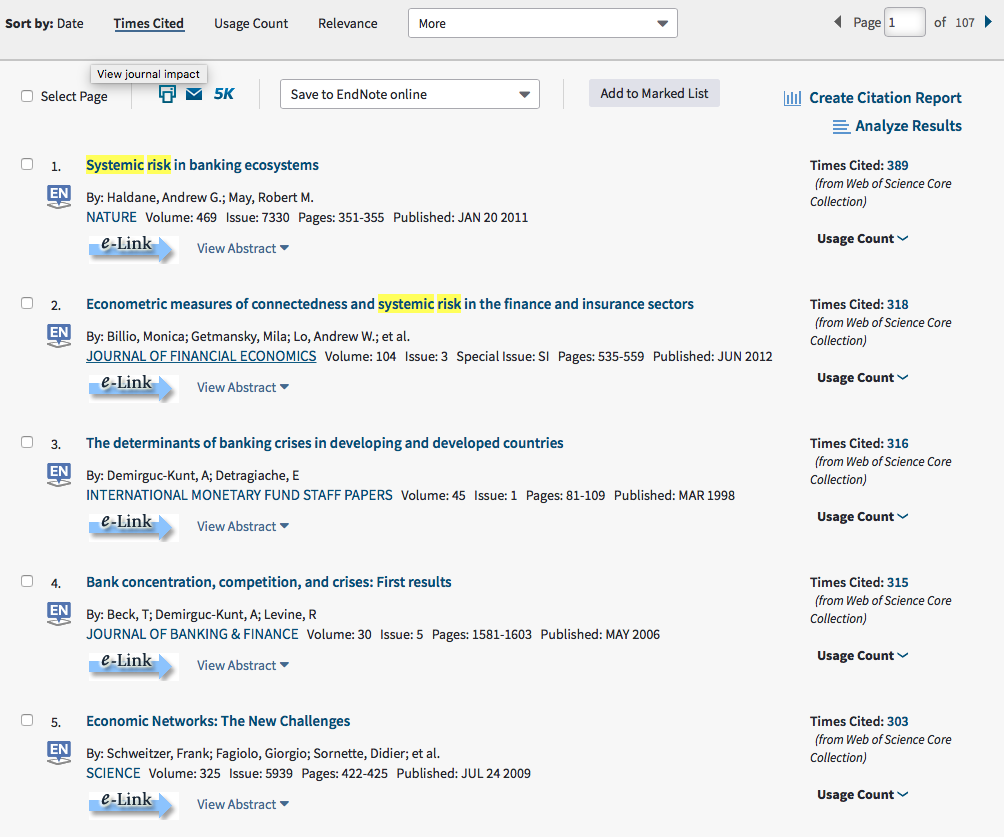How To Search Academic Articles
How to Search Academic Articles?
Where to find articles?
To conduct a literature review, the first step is always to find articles. There are many ways to find research articles online, name a few:
- University library website
- Google scholar
- Databases
If you have an active university account, which allows you to access library resources, you can easily find articles on their website. For example, if you are a Columbia student, you can search article full names or key words here. Remember, an university ID is needed for the authentication.
Google scholar is always the best option of all search engines. First of all, it’s free. You can simply search key words or the full name of the article to get a link. However, in order to download the article, you may need authentication, which is usually a paid service. Second, it provides meta information of the article, which is easy for citation purpose.
Databases are good places to search articles in a field. This type of search usually starts from specifying key words, field of study, and time range. Databases include Scopus, Web of Science, and sci-hub. The first two are paid and the latter is free.
How to systemically conduct search?
To conduct literature search, the first step is to identify the theme of search. Usually, the theme is a set of key words. Then, we need to determine the time span for the search. The time span may cover certain important time . For example, if we try to study systemic risk in finance, our search should run from some time before 2007 to present. Why? Because 2007-2008 is the global financial crisis, which is an very important time point for systemic risk study.
Google scholar is flexible, good for random search of some articles. Systematic search usually starts from databases.
Using a database with a set of key words and time span will result a long list of literature, including journal articles, conference proceedings, reports, book chapters, etc. Choose the most relevant source and sort by time or citations, we can get a refined list of articles. This is a rough list. It may contains thousands of papers, which are impossible to read piece by piece. So we need to use some criteria to further refine the list. For example, we could filter out papers that have small number of citations, say less than five. This filter let us concentrate on more important works in the list. One could also refine the key words to limit the number of articles in the list.
With a refined list, we can export the list to citation management tool such as EndNote. Such a tool is useful for tracking our reading progress. Following the list, we can download the papers either from the database, if a paid account is given, or from sci-hub, which is a controversial publication sharing tool.
Simulak1 has authored an article about how to conduct literature review. Even though it’s for qualitative research. It has great value for literature review in general.
Example
Now, let’s do small case study. Let’s assume that we want to conduct systemic risk literature review. We need to search relevant literature.
First, we shall ask ourselves what is the research question we want to answer for the literature review. Say, we want to know current status of systemic risk measures.
Second, based on the research question, we need to come up with a set of key words, in this case, systemic risk, crisis, risk.
Third, we determine the time span for this search is 1990-present.
Fourth, using a database (e.g., Web of Science), we can go head search the relevant literature. We limit the relevant fields as following: * Finance * Economics * Business * Computer Science and Technology * Engineering multidisciplinary * Physical science * Interdisciplinary


Finally, we can download these paper and start reading.
The real difficulty of a literature review is to devote time to reading.
-
Timulak, L. (2009). Meta-analysis of qualitative studies: A tool for reviewing qualitative research findings in psychotherapy. Psychotherapy Research, 19(4-5), 591-600. ↩